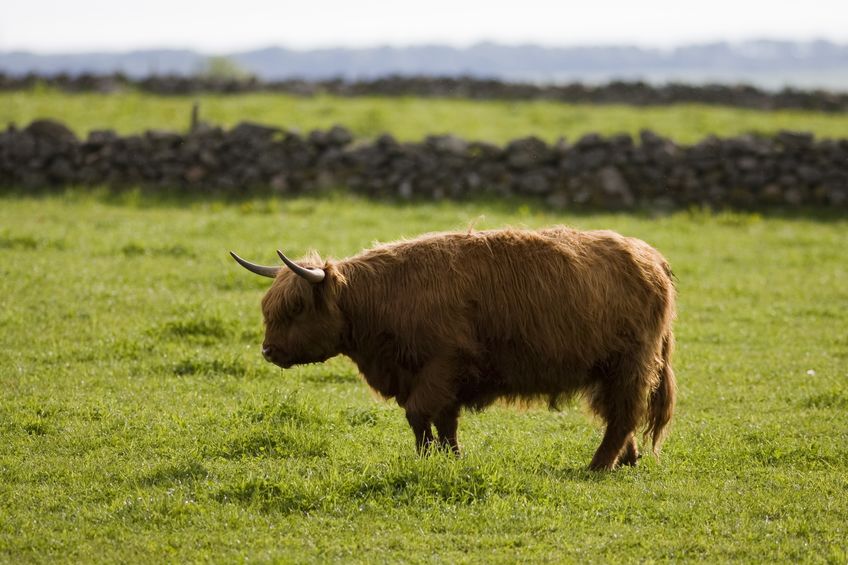
Cutting livestock numbers as a way of reducing emissions 'overgeneralises' farming methods that 'differ significantly around the world', the NFU says.
It comes as 50 climate scientists said earlier this week that the world needs to reach 'peak meat' within the next ten years.
As part of an open letter in The Lancet Planetary Health Journal, they explained that if the livestock sector were to continue on its current path, it would account for nearly half of the emissions target by 2030.
The researchers added that all but the poorest countries need to set a time frame for livestock production to stop growing.
“If the livestock sector were to continue with business as usual, this sector alone would account for 49 per cent of the emissions budget for 1.5C by 2030,” the scientists said.
“Since the first Intergovernmental Panel on Climate Change assessment report in 1990, the production of meat, milk, and eggs increased from 758 million tonnes to 1,247 million tonnes in 2017, and is projected to further increase.”
The open letter goes on to say that the process of returning areas of farmland to their natural state 'must begin immediately to be effective within the required timescale of reaching net zero emissions by 2050.'
British farmers have responded by saying that not all livestock systems around the world are the same, as livestock farming contributes just 4% of the UK’s Co2 emissions.
Stuart Roberts, vice president of NFU, told CNN that grassland-based systems as seen in the UK are 'hugely beneficial' for the climate.
“To say that cutting livestock numbers everywhere is the most efficient way of reducing emissions massively overgeneralises a situation that differs significantly across the world, and can hinder the countries that are practicing sustainable farming methods and have an ambition to do more.
“We also recognise the value of our carbon sinks and use our extensive grasslands to graze animals, which is hugely beneficial for the soil and helps locks up carbon.
“Grazing cattle is the most sustainable way to use land for food production which is unsuitable for growing any other crop,” he said.
“By using our grasslands in this way we can sequester carbon at the same time as turning inedible grass into a highly nutritious protein which our growing population can enjoy.”
It comes as the NFU recently criticised the media's 'over-simplistic reporting' of beef and lamb farming.
The BBC's recent broadcast of its controversial programme ‘Meat: A Threat To Our Planet?’ is seen as one example of this.
The documentary looked at the environmental issues stemming mainly from US intensive beef systems, but British farmers said the reality in the UK is different - highlighting that 'not all beef is the same'.
